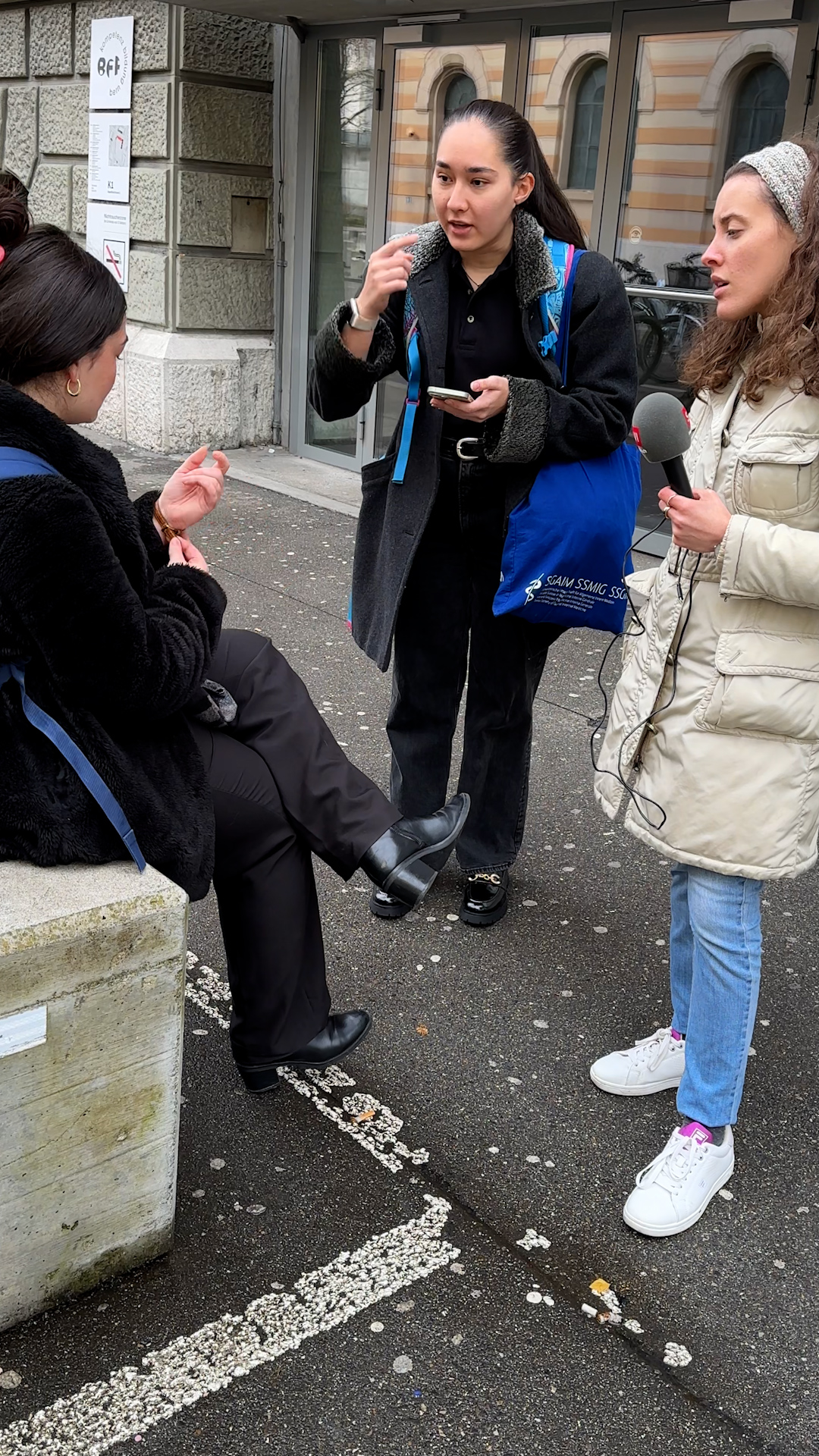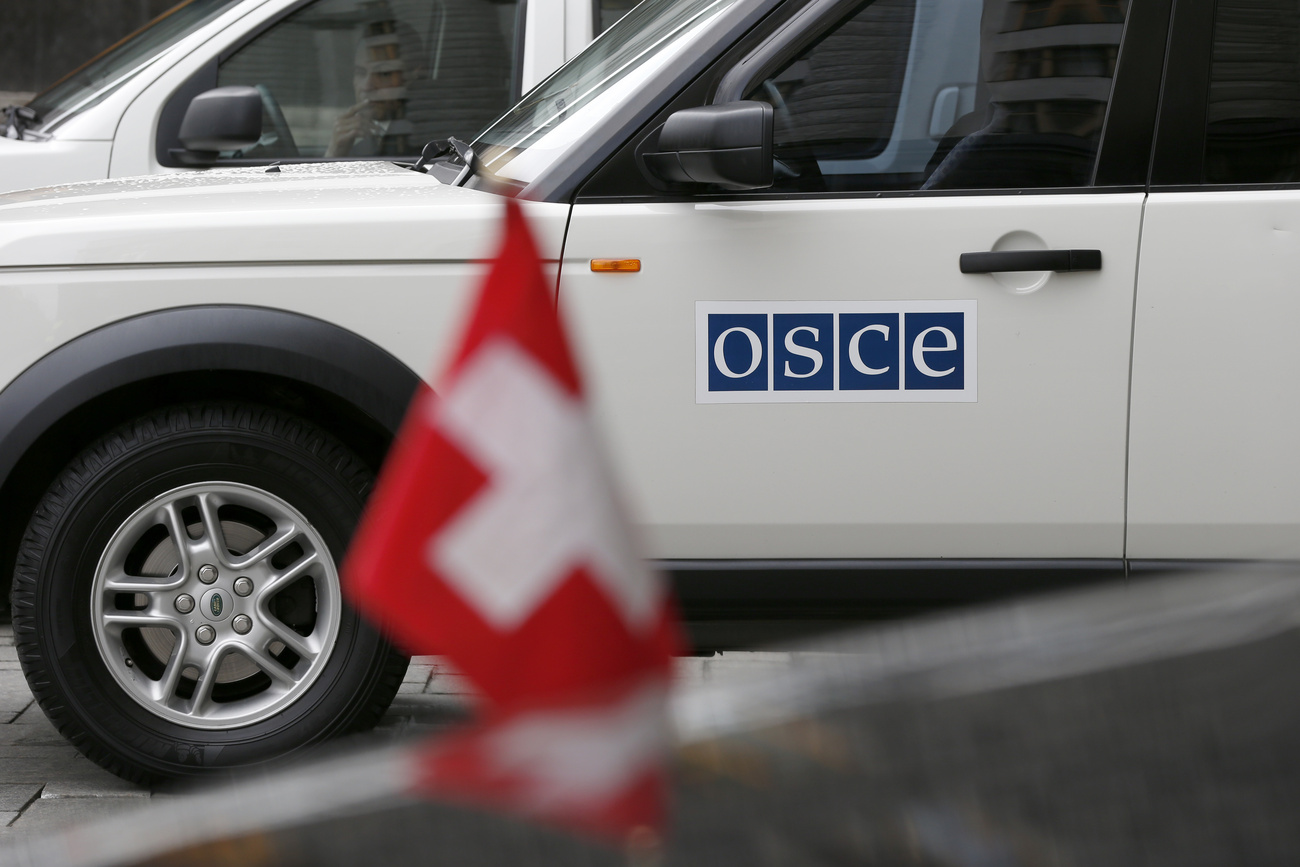
AI blamed for falling Swiss job vacancies

The expansion of artificial intelligence (AI) may explain a slowdown in the Swiss labour market, says staffing firm Adecco.
+Get the most important news from Switzerland in your inbox
According to a regular analysis by Adecco, the number of vacancies fell by 0.2% in the second quarter compared to the previous three months and by 5.6% year-on-year.
+ AI recruitment machines map out career paths
The Swiss Job Market Index, the indicator calculated by Adecco and the University of Zurich, stood at a value of 133, a statement today said.
“According to the KOF economic report, the Swiss economy came to a near standstill in the second quarter, penalised by declining exports and rising US tariffs,” Adecco’s Marcel Keller said. “However, the number of vacancies in the third quarter decreased only moderately and unemployment rate rose only slightly. This could be due to the stabilising effect of consumption trends and the introduction of short-time work.”
The current study focuses on office and administrative occupations, which constitute the largest occupational group in Switzerland and are essential for central processes in companies and the public sector.
At the same time, however, these professions are also particularly exposed to developments in the field of AI: thus, it emerges that in the space of two years (i.e. since 2023) the number of vacancies in the branch has fallen by 17.4%.
“A higher tertiary education does not automatically protect against the influence of AI,” warn Adecco’s experts. To cope with the situation, they note a priority given to continuing education for data- and process-related skills, an increase in information work on the topic of artificial intelligence and a redefinition of job roles.

More
Is AI making young people rethink their careers?
Translated from Italian by DeepL/mga
We select the most relevant news for an international audience and use automatic translation tools to translate them into English. A journalist then reviews the translation for clarity and accuracy before publication.
Providing you with automatically translated news gives us the time to write more in-depth articles. The news stories we select have been written and carefully fact-checked by an external editorial team from news agencies such as Bloomberg or Keystone.
If you have any questions about how we work, write to us at english@swissinfo.ch

In compliance with the JTI standards
More: SWI swissinfo.ch certified by the Journalism Trust Initiative





























You can find an overview of ongoing debates with our journalists here . Please join us!
If you want to start a conversation about a topic raised in this article or want to report factual errors, email us at english@swissinfo.ch.